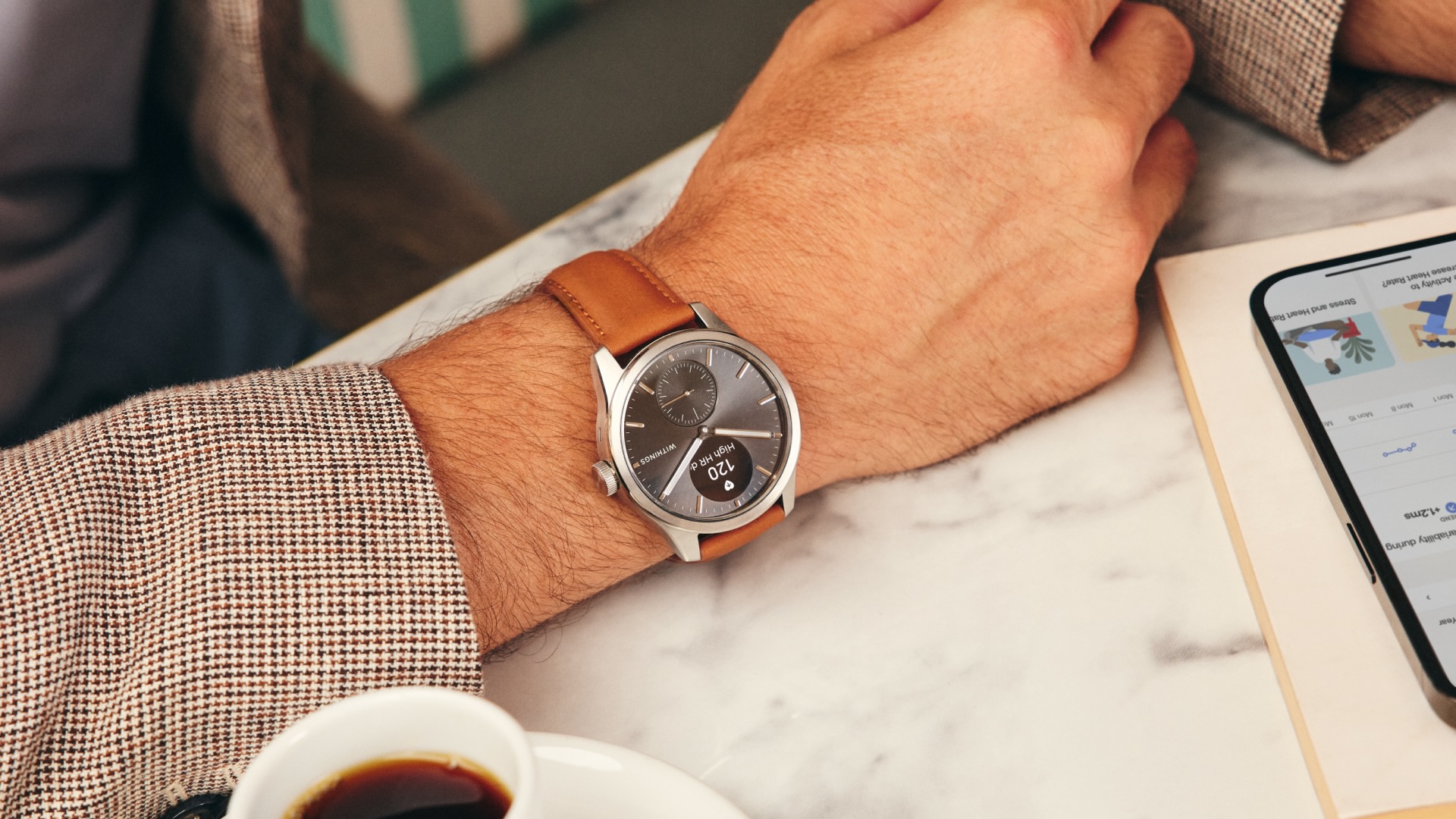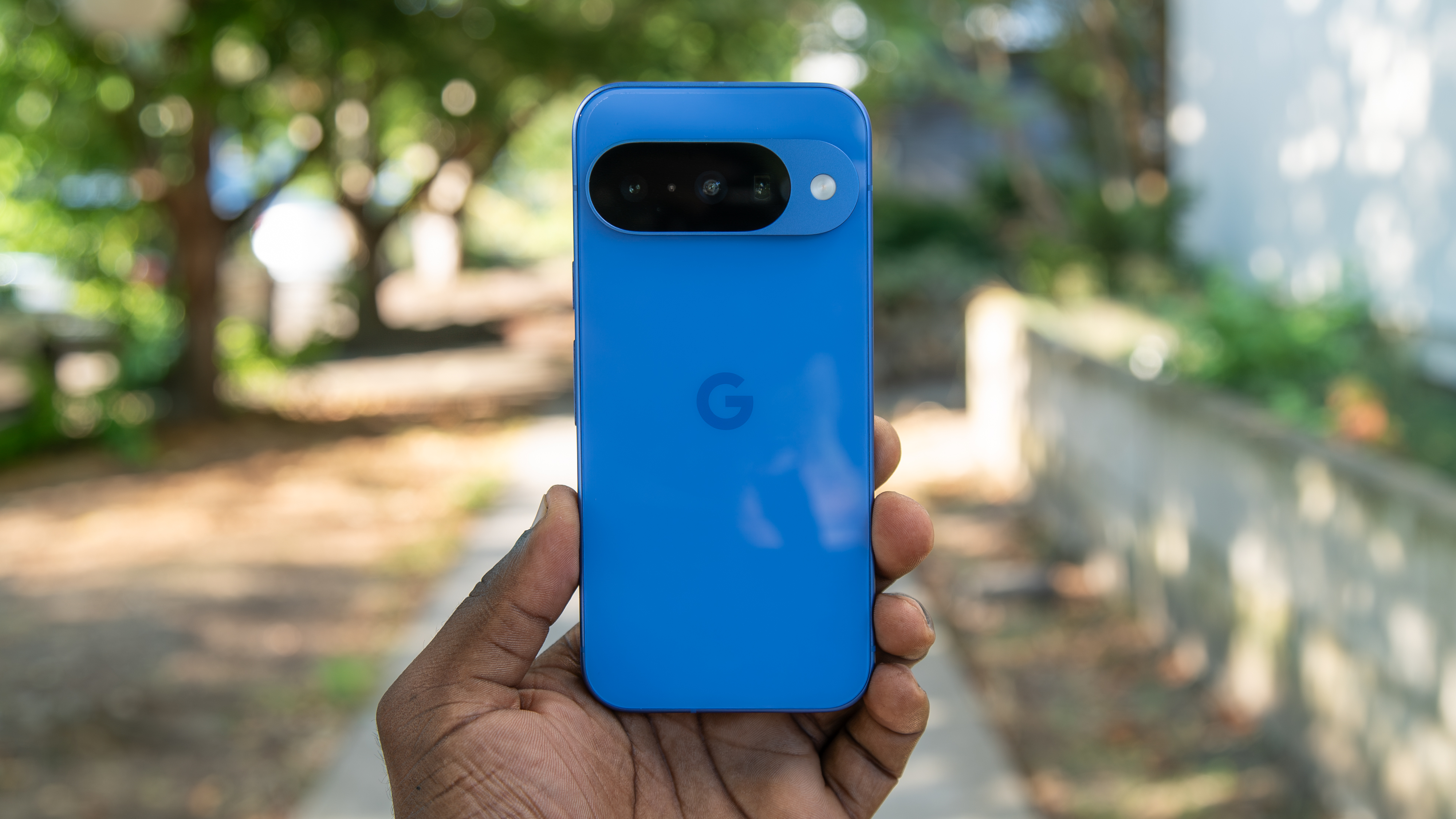The Withings ScanWatch 2 may be the most advanced health-tracking watch we've seen
The new ScanWatch 2 has dual temperature sensors, FDA-approved SpO2 and AFib detection, and a 30-day battery life.

What you need to know
- Withings announced two new hybrid smartwatches on Thursday: the ScanWatch 2 and ScanWatch Light.
- The ScanWatch 2 has dual temperature sensors, 16 PPG sensors, and FDA-approved ECG and SpO2 readings.
- The ScanWatch Light offers a 30-day battery life and basic heart rate and sleep tracking.
- The ScanWatch 2 and Light cost $349 and $249, respectively, and are available for pre-order now with an October 2023 release date.
Withings, the company best known for its smart scales, watches, and health monitoring tech, is releasing two new hybrid smartwatches: the Withings ScanWatch 2 and ScanWatch Light.
Withings' latest hybrid smartwatches go all-in on health tracking, with new features that even the Galaxy Watch 6 and Fitbit Sense 2 don't offer. Most intriguingly, the ScanWatch 2 uses the "TempTech24/7 module." It combines the usual PPG and accelerometer with "thermistor" and "heat flux" sensors. One measures ambient and skin temperature, and the other measures energy transit.
Unlike Samsung and Apple, which primarily use their temperature sensors for menstrual cycle tracking and not for health data, Withings promises 24/7 temperature data to spot warning signs for illnesses based on graphs of your temperature baseline. It'll also point out overheating or cooldown times during a workout, including "workout temperature variation zones."
Similarly, whereas most fitness brands say that their blood oxygen data is just an estimate that shouldn't be used for health data, the Withings ScanWatch 2 is "FDA cleared" for both SpO2 checks and AFib detection of irregular heartbeats.
In terms of overall health tracking, the Withings ScanWatch 2 has a MultiWave PPG Sensor that uses four wavelengths and 16 PPG channels, increasing the range of pulse data collected from your skin. Most other fitness smartwatch brands don't advertise their numbers, but most seem to use only two or three wavelengths (red, green, and/or IR).

As a hybrid smartwatch, the ScanWatch models have a 0.63-inch grayscale OLED circle on a portion of the watch face, with the rest of the watch taken up by a traditional analog watch design. You'll use the rotating crown to navigate through health data, but the watch is mostly designed to work automatically; you'll mainly use the Withings app to check your health data.
Both the ScanWatch 2 and ScanWatch Light last 30 days per charge and measure heart rate variability, respiratory rates, heart rate zones during workouts, and menstrual cycles. They have stainless steel casings for a premium look and 5ATM water resistance. Unfortunately, neither has built-in GPS tracking, relying on connected GPS.
Get the latest news from Android Central, your trusted companion in the world of Android
In terms of what makes the ScanWatch 2 more advanced and expensive, the ScanWatch Light doesn't measure blood oxygen, body temperature, irregular heart rhythm, or elevation. The ScanWatch 2 also has more durable Sapphire Glass for the display, compared to the ScanWatch Light's Gorilla Glass.
Both new Withings ScanWatch models launch in October 2023 and can be preordered now from Withings' website. The ScanWatch 2 ships in 42mm and 38mm sizes for $349.99 and comes in Silver Black, Silver White, Rose Gold Sand, and Rose Gold Blue. The ScanWatch Light only has a 37mm size and sports finishes in Silver Black, Silver White, Rose Gold Sand, Light Blue, and Light Green.

Michael is Android Central's resident expert on wearables and fitness. Before joining Android Central, he freelanced for years at Techradar, Wareable, Windows Central, and Digital Trends. Channeling his love of running, he established himself as an expert on fitness watches, testing and reviewing models from Garmin, Fitbit, Samsung, Apple, COROS, Polar, Amazfit, Suunto, and more.
